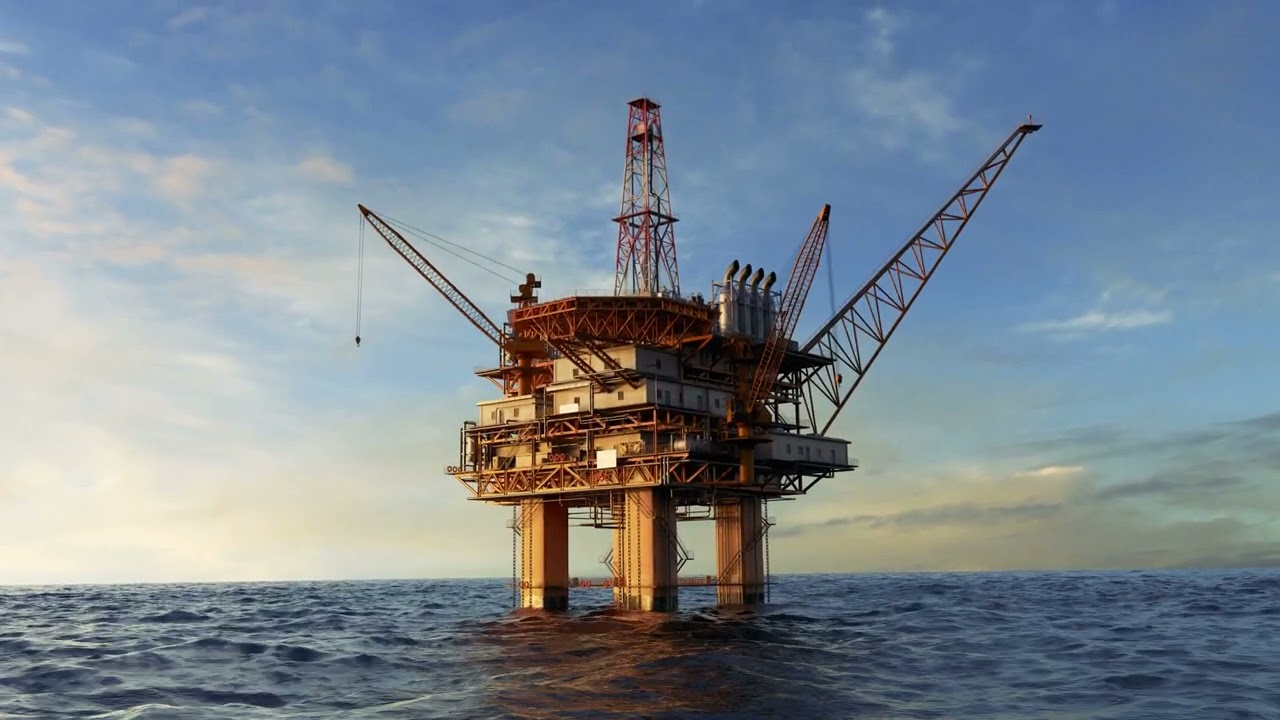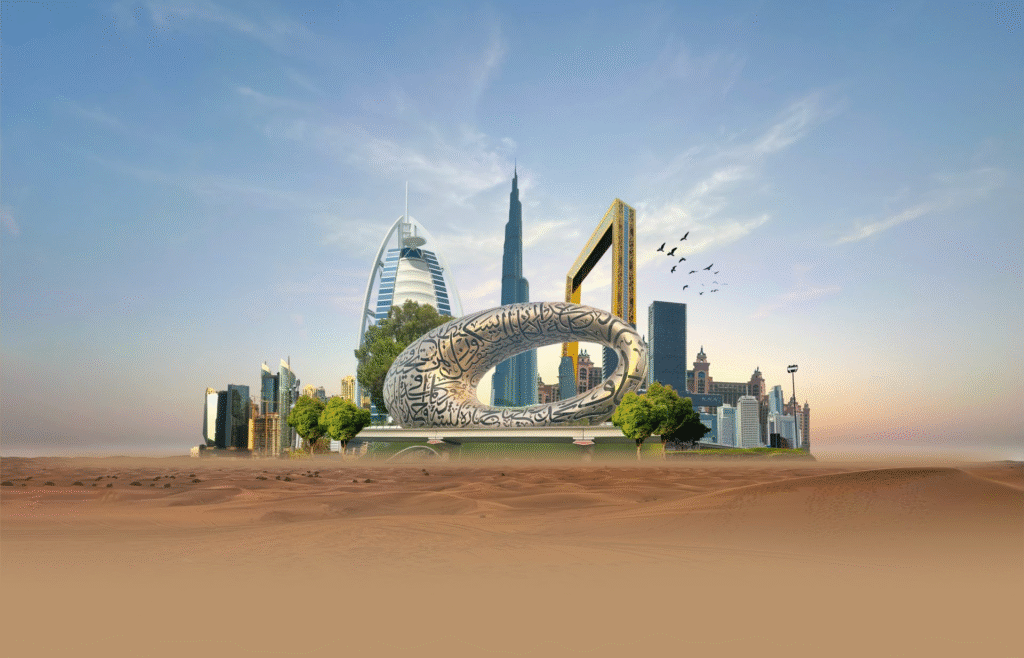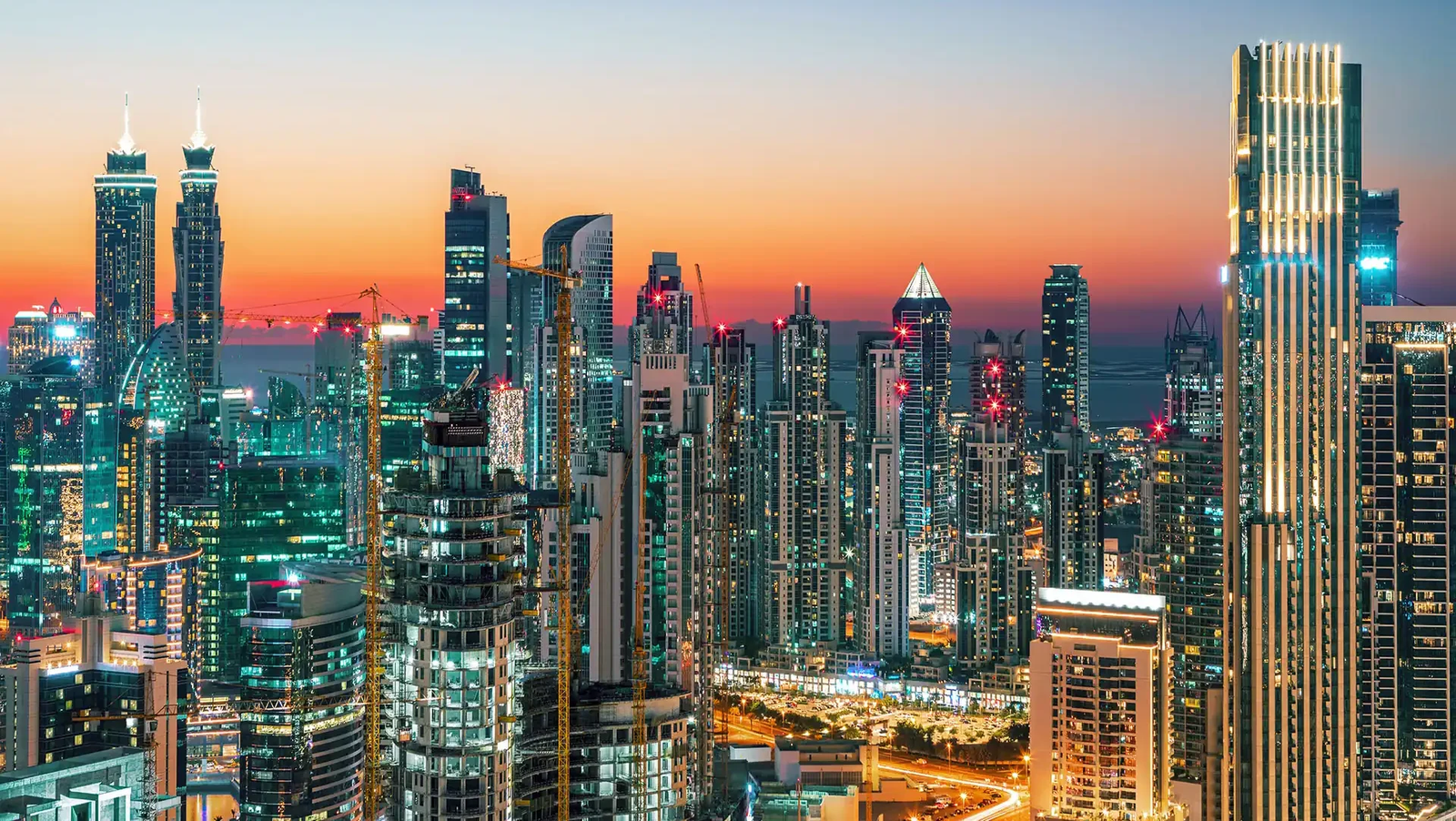Now Reading: UAE’s Growing Role in Shaping Global Oil and Energy Markets 2025
-
01
UAE’s Growing Role in Shaping Global Oil and Energy Markets 2025
UAE’s Growing Role in Shaping Global Oil and Energy Markets 2025

Table of Contents
The United Arab Emirates (UAE) has long been known for its vital role in the global oil and energy markets. As one of the top oil producers in the Middle East, the UAE has consistently shaped international energy policies, trade flows, and future-focused strategies. Today, as the world balances between traditional fossil fuels and renewable energy, the UAE is positioning itself as a bridge between the two worlds.
A Key Oil Producer with Global Reach
The UAE is home to around 6% of the world’s proven oil reserves, most of which are located in Abu Dhabi. Its national oil company, Abu Dhabi National Oil Company (ADNOC), is among the largest energy companies globally. Through its consistent supply of high-quality crude oil, the UAE has become a trusted partner for many nations dependent on energy imports, especially in Asia and Europe.
In addition, the country plays a crucial role in the Organization of the Petroleum Exporting Countries (OPEC). The UAE’s policies, decisions, and output levels directly affect global oil prices. This influence highlights the nation’s ability to balance market stability while protecting its economic interests.
Diversification Beyond Oil
Unlike many oil-rich nations, the UAE has actively invested in diversifying its economy. While oil and gas still account for a large portion of revenue, sectors such as tourism, real estate, aviation, and finance now play a significant role in its GDP.
However, in the energy space, the UAE is making bold investments in renewable energy projects. This is not only to prepare for a post-oil future but also to position itself as a leader in sustainable energy solutions.
The government’s ambitious Energy Strategy 2050 aims to increase the share of clean energy in the total energy mix to 50% while reducing carbon emissions by 70%. This clear vision ensures that the UAE will remain an energy hub even as the world transitions to greener sources.
Major Investments in Renewable Energy

One of the most striking features of the UAE’s role in the global energy market is its leadership in renewable energy. The country is home to Masdar City in Abu Dhabi, a hub dedicated to clean technology and sustainable development. Masdar has invested in wind, solar, and other green projects across the world, from the UK to North Africa.
Additionally, the UAE has built some of the world’s largest solar parks. For example, the Mohammed bin Rashid Al Maktoum Solar Park in Dubai is one of the largest single-site solar projects globally. These investments prove that the UAE is not only an oil powerhouse but also a pioneer in the renewable sector.
Strategic Global Partnerships
The UAE’s importance is further highlighted by its international partnerships. The country exports oil mainly to Asia, with China, Japan, India, and South Korea being key buyers. Its stable political environment and advanced infrastructure make it a preferred partner for long-term contracts.
Beyond oil, the UAE has also become a trusted partner in global energy dialogues. It frequently hosts and participates in high-level conferences such as Abu Dhabi International Petroleum Exhibition and Conference (ADIPEC), which attracts energy leaders from across the globe.
In 2023, the UAE also hosted COP28, the UN Climate Change Conference, showcasing its commitment to balancing fossil fuel dependency with sustainability efforts.
Balancing Oil Supply and Climate Action

The UAE faces a unique challenge: maintaining its role as a reliable oil supplier while also pushing for renewable energy adoption. This balancing act has put the country at the center of global energy discussions.
While some critics argue that promoting renewables while exporting large amounts of oil is contradictory, the UAE sees it as a practical approach. The world still depends heavily on oil, and the UAE believes in ensuring energy security while gradually supporting the global shift toward cleaner energy.
Investments in Technology and Innovation
Technology plays a major role in how the UAE is shaping the future of energy. ADNOC has invested in digital solutions, artificial intelligence, and smart technologies to improve oil extraction and reduce costs.
At the same time, the UAE is exploring carbon capture and storage (CCS) technologies, which allow carbon emissions from industrial processes to be captured and stored underground. This not only reduces environmental impact but also gives the UAE a competitive edge as the world demands cleaner production methods.
The UAE’s Vision for the Future
The UAE has set its sights on being more than just a major oil exporter. Its strategy includes:
- Maintaining a stable oil supply to ensure global energy security.
- Expanding investments in renewables to lead in the green energy space.
- Leveraging technology to increase efficiency and reduce environmental impact.
- Strengthening partnerships with both oil-importing nations and green technology innovators.
This multipronged approach makes the UAE one of the few countries capable of balancing tradition with transformation in the global energy sector.
Conclusion
The UAE’s role in global oil and energy markets is no longer limited to being a leading oil exporter. It is emerging as a forward-looking nation that is reshaping the industry through renewable investments, innovation, and international cooperation.
By securing its place in both fossil fuels and clean energy, the UAE ensures it will remain a central player in the global energy landscape for decades to come. Its influence is not only about oil reserves but also about vision, adaptability, and leadership.
READ MORE:- Inside the World of Business Acquisitions: Secrets of Corporate Growth 2025






















